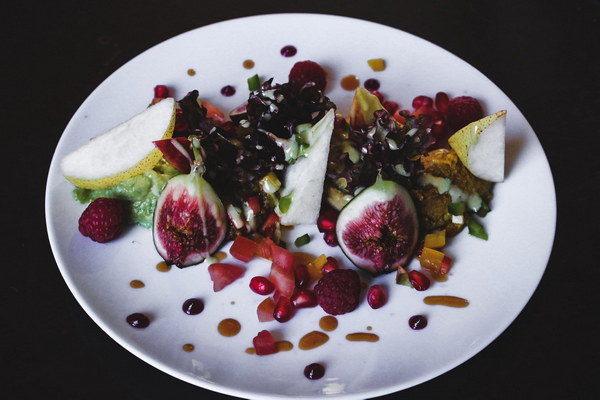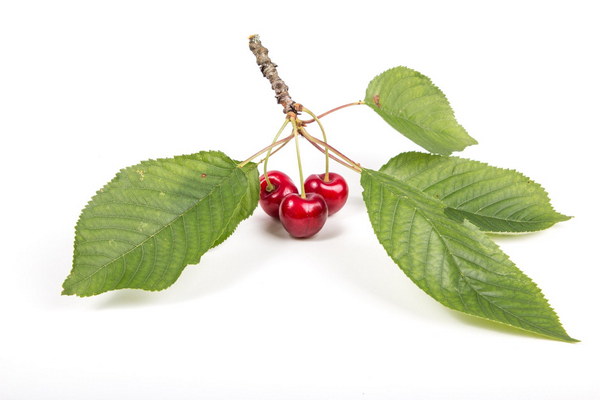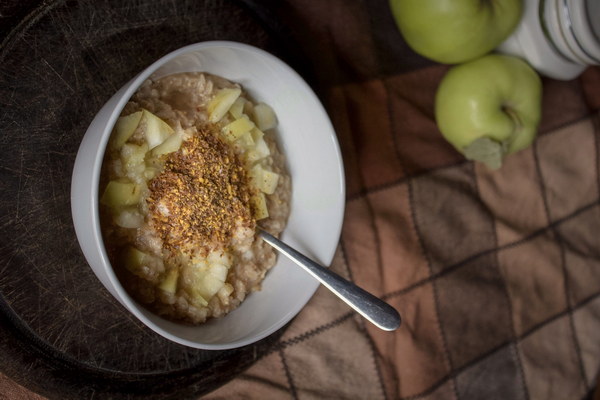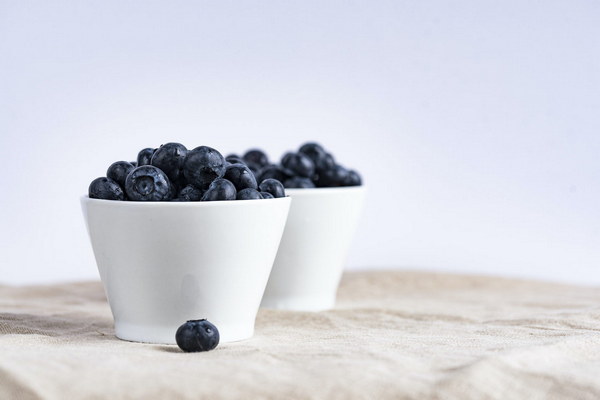Balancing Yin Deficiency and Dampness A Holistic Approach with Dietary Remedies
In traditional Chinese medicine, the concept of Yin and Yang plays a crucial role in maintaining the body's balance and health. Yin Deficiency and Dampness are two common imbalances that can lead to a range of symptoms, including fatigue, weakness, and poor digestion. This article delves into the dietary remedies that can help restore balance to those suffering from Yin Deficiency and Dampness.
Understanding Yin Deficiency and Dampness
Yin Deficiency refers to a condition where the body lacks the essential cooling and moistening properties that Yin provides. This can be caused by chronic stress, excessive heat, or depletion of body fluids. On the other hand, Dampness is a condition where the body's fluids become trapped and accumulate, often due to an overabundance of moisture or poor digestion.
When these two imbalances occur together, they can exacerbate each other's symptoms, leading to a range of health issues.
Dietary Remedies for Yin Deficiency and Dampness
1. Cooling and Moistening Foods:
- Grains: Oats, millet, and brown rice are excellent for nourishing Yin and reducing dampness. They should be consumed in moderation and paired with other Yin-tonifying ingredients.
- Vegetables: Leafy greens, such as spinach, kale, and bok choy, are rich in vitamins and minerals that support Yin. Zucchini and cucumber are also good choices.
- Fruits: Melons, such as watermelon and honeydew, are hydrating and help to cool the body. Apples and pears can also be beneficial when eaten in moderation.
2. Herbs and Spices:
- Goji Berries: Known for their Yin-tonifying properties, goji berries can be eaten fresh, dried, or as a tea.
- Astragalus: This herb is a powerful immune booster and can help to nourish Yin and expel dampness.
- Ginger: While ginger is often used to warm the body, it can also help to move stagnant dampness. It is best used in small quantities and combined with other cooling ingredients.
3. Protein Sources:
- Fish: Cold-water fish like salmon and sardines are high in omega-3 fatty acids, which can help to nourish Yin and reduce inflammation.
- Chicken: Chicken soup, especially with the addition of ginger, scallions, and other herbs, can help to expel dampness and nourish the body.
- Tofu: Tofu is a great source of plant-based protein and can be used in a variety of dishes to support Yin.
4. Avoiding Certain Foods:
- Spicy Foods: These can exacerbate dampness and should be avoided or consumed in moderation.
- Cold and Raw Foods: These can further deplete Yin and should be avoided, especially during cold weather.
- Excessive Sugar and Alcohol: Both can contribute to dampness and should be limited.
Sample Menu for a Day:
Breakfast:
- Oatmeal topped with goji berries and a drizzle of honey
- A glass of warm water with a slice of ginger

Lunch:
- Quinoa salad with spinach, cherry tomatoes, and a vinaigrette dressing
- Grilled salmon with a side of steamed zucchini
Snack:
- A small bowl of honeydew melon
Dinner:
- Stewed chicken soup with ginger, scallions, and carrots
- Brown rice with a side of tofu stir-fried with bok choy
By incorporating these dietary remedies into your daily routine, you can help to balance Yin Deficiency and Dampness, leading to improved overall health and well-being. Remember, it is important to consult with a qualified healthcare provider before making significant changes to your diet, especially if you have existing health conditions.









